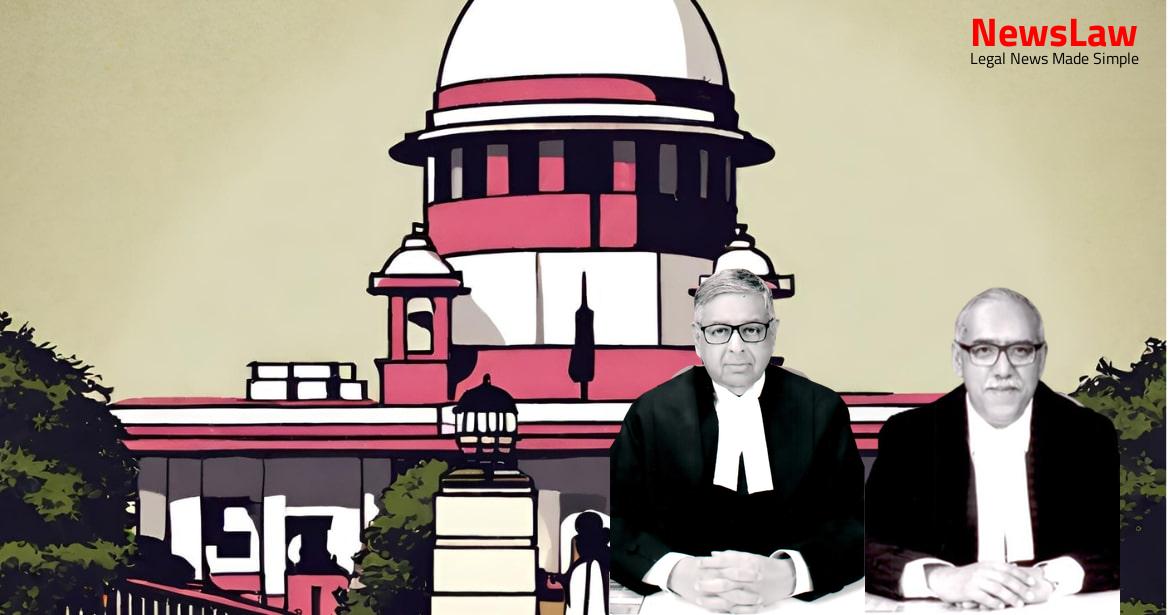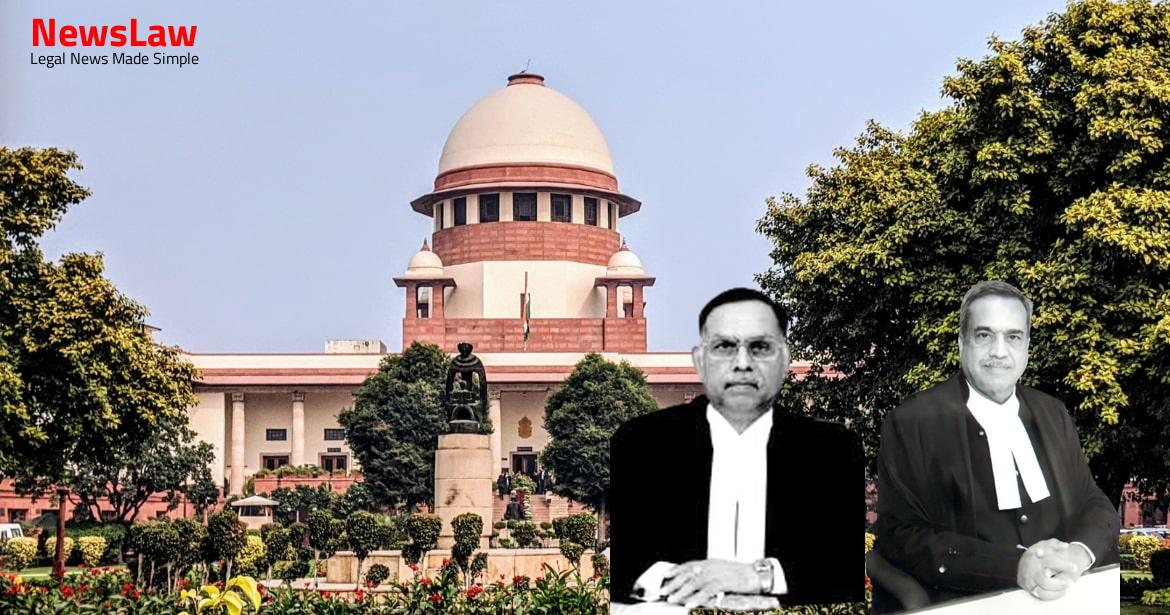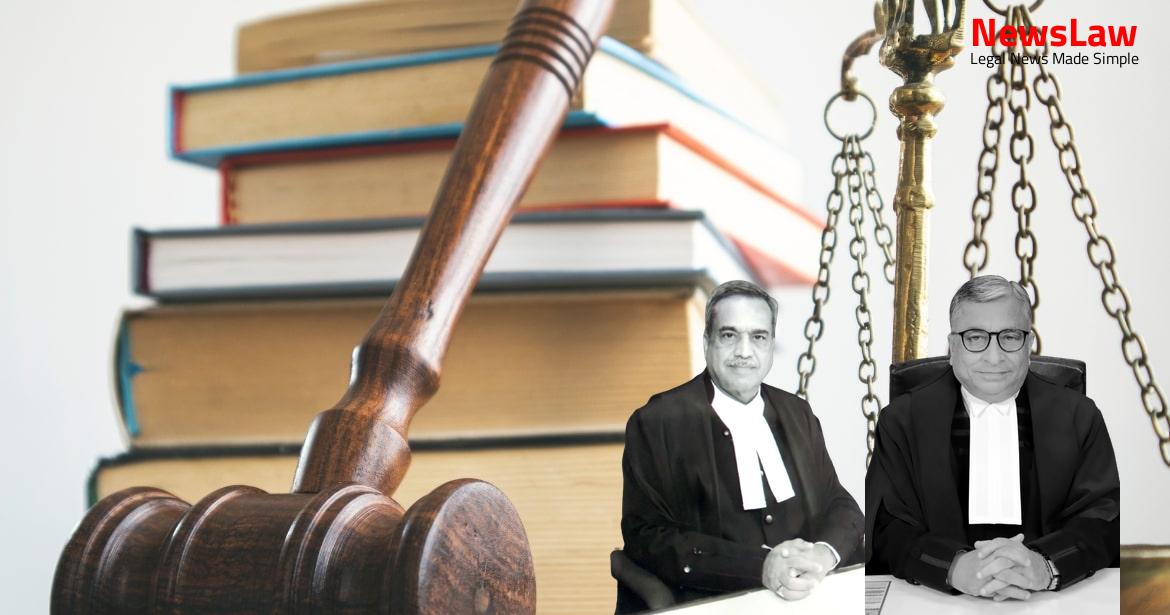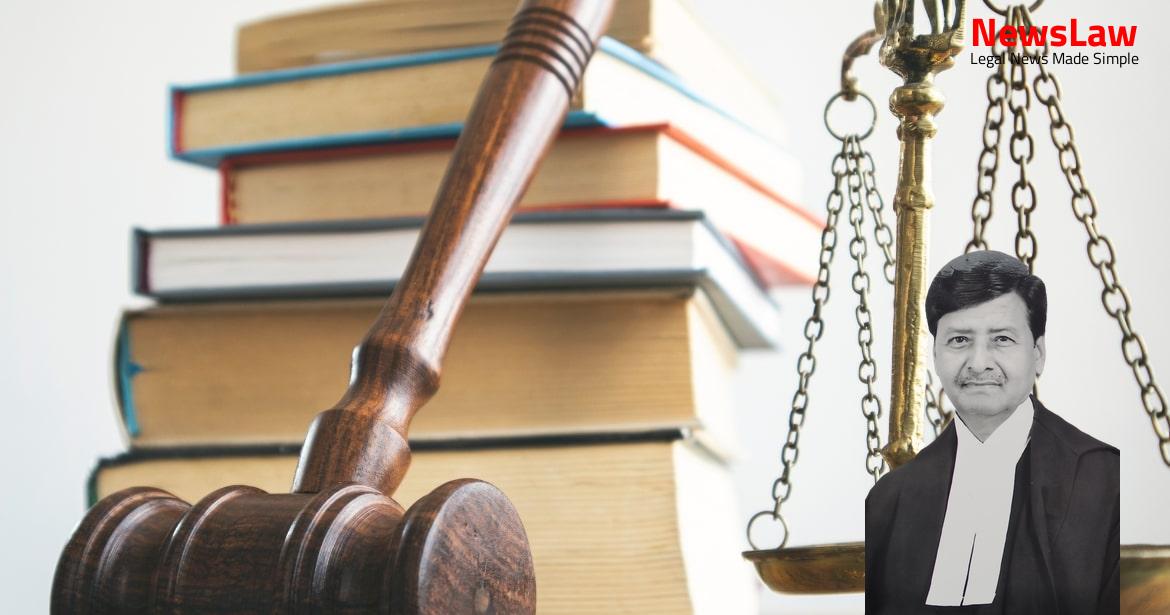Explore the in-depth legal analysis conducted by the court in the recent judgment concerning tariff differentiation for educational institutions. The case delves into the nuances of tariff fixation, discrimination grounds, and the permissible reasons for varying rates among different types of educational entities. Discover the significance of the ‘purpose’ served by such institutions in determining tariff rates, as outlined by the court’s legal examination.
Facts
- The tariff order in question was issued by the Commission on 26 November, 2007, with the effective date of 1 December, 2007.
- Government-run or aided private educational institutions were placed under Low Tension VI Non-Domestic tariff category.
- Several Writ Petitions were filed by different SFEIs challenging the legality of this segregation, which resulted in a higher tariff for them.
- A total of 52 writ petitions were heard by a Single Judge of the Kerala High Court, who upheld the validity of the tariff order citing precedent cases.
- SFEIs were categorized under Low Tension VII(A) Commercial in the notification.
- The tariff notification was issued under the Kerala State Electricity Regulatory Commission Regulations of 2006.
- Higher Secondary Schools are attached to Schools having Standards up to High School Section.
- No restriction for Government and Aided Schools in relation to attached Higher Secondary Schools.
- Minimum salary of teachers and others appears to be low in Self-Financing Educational Institutions.
- Importance lies in the capability to raise revenue and its implications rather than actual utilization of revenue-raising power by Self-Financing Educational Institutions.
Also Read: Legal Analysis: Ownership Dispute and Validity of Will Deed
Arguments
- The writ petitioners argue that there is a bar on profiteering in private educational institutions, but generating a reasonable revenue surplus is allowed.
- The petitioners contend that differential rates for government-run and aided educational institutions were not based on relevant factors like geographical position or nature of supply.
- They claim that natural justice was breached as the Commission cannot show undue preference to any consumer of electricity when fixing tariffs.
- The Commission can prescribe differential rates based on load factor, power factor, voltage, and total consumption of electricity.
- The petitioners argue that adequate opportunity for objection was not given to Self-Financing Educational Institutions.
- The Commission justifies the classification of tariffs for different educational institutions based on the purpose for which supply is required by consumers.
- The writ petitioners assert that discrimination between government and self-financing educational institutions is not permissible under Section 62(3) of the Act.
- They argue that the purpose of both sets of institutions is the same – imparting education, and no differentiation in tariff rates should be made.
- The writ petitioners claim that the tariff notification disregarded the statutory mandate in Section 62(3), as it lacked reasoning.
- They argue that fixing tariff is a quasi-judicial exercise, requiring the disclosure of reasons for any decision.
- The Commission justifies the differentiation in tariffs based on the purpose for which the supply is required by consumers.
- Respondent argues that the statutory provisions do not restrict them from charging reasonable fees to students.
- The Respondent contends that they are not allowed to overcharge students as per regulations set by the authorities.
- The Respondent states that fixing excessive fees for their schools is not permitted under the law.
Also Read: Analysis of Curative Jurisdiction in Legal Dispute
Analysis
- Tariff determination under Section 62 of the 2003 Act by the Appropriate Commission.
- The Commission may set minimum and maximum ceiling tariffs in case of electricity supply shortage.
- Tariff determination for transmission, wheeling, and retail sale of electricity.
- Requirement for licensees or generating companies to provide separate details for tariff determination.
- Prohibition on showing undue preference to any consumer while determining tariff.
- The Division Bench of the High Court delivered a judgment on August 17, 2009, which is under appeal.
- Tariff fixation was challenged on grounds like irrational discrimination before the First Court.
- Profiteering is not the only criteria for differentiating between the two sets of institutions.
- The Commission was not required to disclose reasons for tariff fixation unless challenged later in an appellate forum or Writ Court.
- Education is considered charitable, and institutions are entitled to a surplus for development.
- Different tariffs for different categories of institutions are justified based on the ‘purpose’ they serve.
- The duty of tariff fixing is quasi-legislative and can include various entities under a common rate.
- No objection during the proposal stage means the Commission is not bound to disclose reasons at the finalization stage.
- Government regulation ensures excellence in education and prohibits profiteering.
- Challenges on natural justice grounds were broadly considered compliant by the Division Bench.
- Differentiation between educational institutions based on ‘purpose’ is justified for tariff fixing.
- The Division Bench did not press challenges based on Article 14 of the Indian Constitution.
- Commercial categorization in tariff items does not restrict entities based on the nature of activities.
- The purpose of differentiating tariff rates for State-run and Self Financing Educational Institutions was considered justifiable.
- The expression ‘purpose’ is crucial in determining tariff rates for different categories of institutions.
- Luxury amenities provided by SFEIs were not demonstrated, but they can generate revenue surplus for their activities.
- SFEIs as charitable organizations cannot be clubbed with commercial entities for tariff purposes.
- The ‘purpose’ of an educational institution should be considered in determining tariff rates.
- The heading ‘commercial’ does not restrict entities based on the commercial attributes of their activities.
- Adjudicatory exercise was not required by the Commission due to lack of generated dispute by the writ petitioners.
- The establishment of an educational institution should focus on imparting education rather than profit-making.
- The expression ‘purpose’ is vital in understanding the nature of the entity involved in education.
- The judgments referred to do not support the writ petitioners’ claims.
- Education should be in line with the principles of dharma, emphasizing free education.
- The case of Modern School v. Union of India (2004) 5 SCC 583 highlights the competitive nature of the world and the demand for professional education.
- Education is emphasized as a resource for tradition, loyalty to culture, and service to society.
- In the case of Rohtas Industries Ltd. vs Chairman, Bihar State Electricity Board & Ors. (1984 (Supp) SCC 161), it was argued that capacity to pay should not be the sole factor in determining electricity tariffs.
- Professional activities of an advocate were not considered as commercial activity in M.P. Electricity Board & Ors. vs Shiv Narayan & Ors. (2005) 7 SCC 283, leading to different electricity rates.
- The judgment underscores the importance of education being associated with imparting knowledge rather than merely earning.
- No error was committed by fixing higher tariff for Self-Financing Educational Institutions as commercial entities.
- The Division Bench’s view was not agreed upon by the court.
- No undue preference was given to State-run and State-aided institutions in the tariff notification.
- The grouping of SFEIs with commercial service providers unrelated to education is deemed insignificant due to the differentiation in purpose from government-run and government-aided educational institutions.
Also Read: Contractual Interpretation in Real Estate Dispute
Decision
- All connected applications disposed of.
- Interim orders, if any, dissolved.
- Appeals allowed.
- Judgment under appeal set aside.
- Judgment of the First Court restored.
Case Title: KERALA STATE ELECTRICITY BOARD REP. BY ITS SECRETARY Vs. PRINCIPAL SIR SYED INSTITUTE FOR TECHNICAL STUDIES (2020 INSC 218)
Case Number: C.A. No.-008350-008350 / 2009



